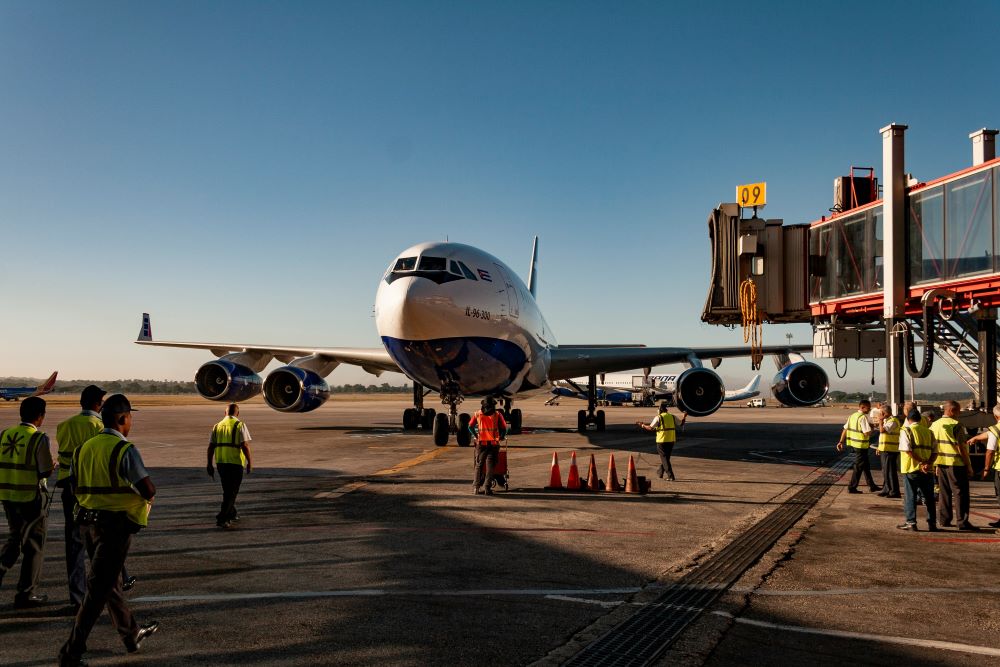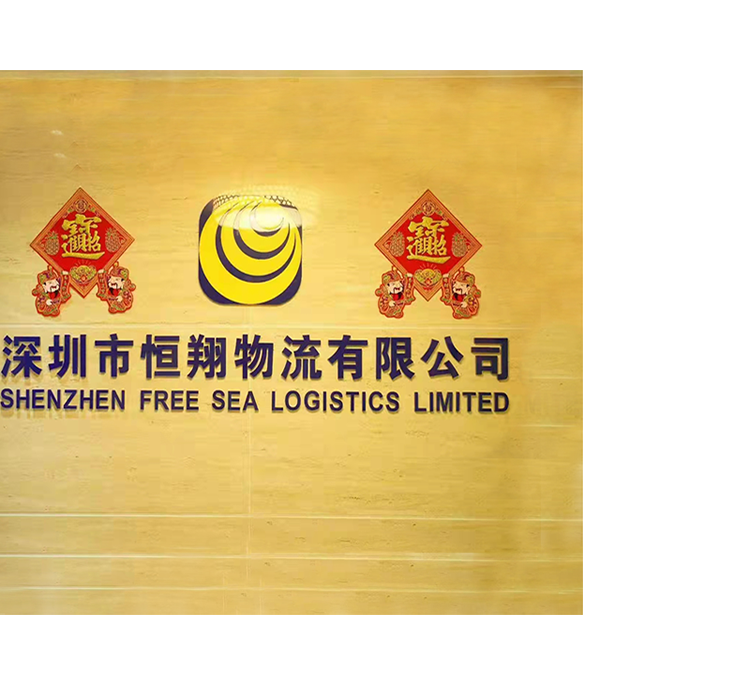In the globalized world of food supply chains, ensuring that perishable goods reach their destination quickly and safely is critical. Food shipping poses unique challenges, from maintaining the correct temperature to ensuring timely delivery. While various transportation methods are available, air freight has emerged as one of the most reliable and efficient options, especially when paired with dedicated services.
A dedicated air freight service for food shipping offers a range of advantages, from speed and reliability to enhanced safety and regulatory compliance. In this article, we will explore why many food producers, retailers, and distributors choose dedicated air freight services over other transportation methods, and how these services ensure that products arrive in the best possible condition.
The Growing Demand for Air Freight in the Food Industry
The demand for air freight services in the food industry is rising. With global supply chains growing increasingly complex and consumers expecting fresher products, food companies are turning to air freight for its speed and efficiency. According to recent industry trends, perishable goods—including seafood, fruits, vegetables, dairy products, and frozen items—are often transported by air to maintain their quality and freshness.
The need for rapid transportation of goods, especially in a time-sensitive manner, has made air freight an invaluable service for food logistics. Furthermore, the ability to ship goods across vast distances without compromising on quality is essential for international food trade.
Advantages of Using a Dedicated Air Freight Service for Food Shipping
1. Faster Delivery
One of the most significant advantages of using a dedicated air freight service for food shipping is speed. Air transport offers the fastest delivery method available, reducing the transit time significantly compared to sea or road transport. Food products, particularly those that are perishable, require timely delivery to ensure their freshness.
With dedicated air freight services, shipments are often prioritized, meaning they are less likely to be delayed by other cargo. This is especially important for foods that have a short shelf life or need to meet strict delivery deadlines, such as fresh produce or seasonal items.
2. Maintaining Product Quality
When it comes to food shipping, maintaining product quality is crucial. Perishable items such as fruits, vegetables, and seafood are highly sensitive to temperature fluctuations and delays. Dedicated air freight services typically provide specialized equipment designed to maintain the right environmental conditions throughout the journey.
Many air freight companies offer temperature-controlled environments, including refrigerated containers (reefers) and climate-controlled warehouses, ensuring that food products remain fresh and safe during transport. By choosing air freight, companies can significantly reduce the risk of spoilage and waste, preserving the quality and safety of the food.
3. Reliability and Predictability
Air freight is renowned for its reliability. Unlike sea transport, which can be delayed by weather conditions, port congestion, or customs issues, air transport tends to be more predictable. Dedicated air freight services provide precise schedules and guaranteed delivery times, allowing businesses to plan their logistics more effectively.
For food companies, reliability is essential. Missed deadlines can lead to product loss, customer dissatisfaction, and significant financial repercussions. With dedicated air freight services, businesses can rely on timely deliveries, minimizing the risk of disruption in the supply chain.
4. Minimizing Risks of Damage or Contamination
One of the most significant challenges in food transportation is ensuring that products are not damaged or contaminated during transit. Food products, especially fresh goods, are often susceptible to external factors such as temperature changes, humidity, and handling during transit.
Dedicated air freight services, with their specialized care and handling procedures, reduce the chances of damage. These services provide customized packaging solutions that ensure the food remains protected, while specialized monitoring systems allow real-time tracking to prevent any deviation from ideal conditions.
In addition, food security is ensured through stringent safety measures and compliance with international regulations. With air freight, there is less chance of contamination from exposure to the elements or inadequate storage, ensuring that food products arrive at their destination in the best condition possible.
5. International Reach and Accessibility
Dedicated air freight services provide global access, enabling food shipments to reach virtually any destination, even in remote or less-accessible regions. This international reach is especially important for businesses involved in global food trade, as it allows them to expand their markets and meet the demands of international customers.
Air transport allows for the rapid movement of goods across borders, reducing transit times and improving accessibility to overseas markets. It also simplifies customs clearance procedures, which can be particularly challenging for perishable items.
6. Compliance with Regulatory Standards
Food products are subject to numerous regulations related to safety, quality, and environmental impact. Whether it's the FDA (Food and Drug Administration) in the U.S., the European Food Safety Authority (EFSA), or other national food safety organizations, ensuring compliance with these regulations is crucial for food exporters.
Dedicated air freight services are well-versed in the regulatory requirements for transporting food internationally. They ensure that the correct documentation, labeling, and health checks are in place, minimizing the risk of delays or customs issues. Compliance with GMP (Good Manufacturing Practices), HACCP (Hazard Analysis Critical Control Point), and other food safety standards is a priority for air freight providers, making them a reliable choice for shipping food products.
7. Cost-Efficiency for High-Value, Low-Volume Shipments
While air freight is generally considered a premium service and can be more expensive than sea or road transport, it can offer cost efficiency for certain types of shipments. For high-value food products that need to be shipped in small quantities or at high speed, air freight becomes a cost-effective solution.
Perishable food items often come with high margins, and the cost of air transport can be offset by the reduction in spoilage, waste, and potential loss of revenue due to delays. Additionally, the ability to ship high-value goods promptly can help food businesses maintain their competitive edge in the market.
Conclusion
Using a dedicated air freight service for food shipping offers a wide range of advantages, including speed, reliability, enhanced product quality, and global reach. For businesses dealing with perishable or high-value food products, air freight can be a game-changer in ensuring that goods are delivered safely and on time, meeting the growing demand for fresh food in global markets.
Whether it’s reducing spoilage, ensuring regulatory compliance, or providing faster delivery times, dedicated air freight services are becoming the preferred choice for many in the food industry. As global trade continues to expand, air freight will likely play an even more prominent role in shaping the future of food logistics.























